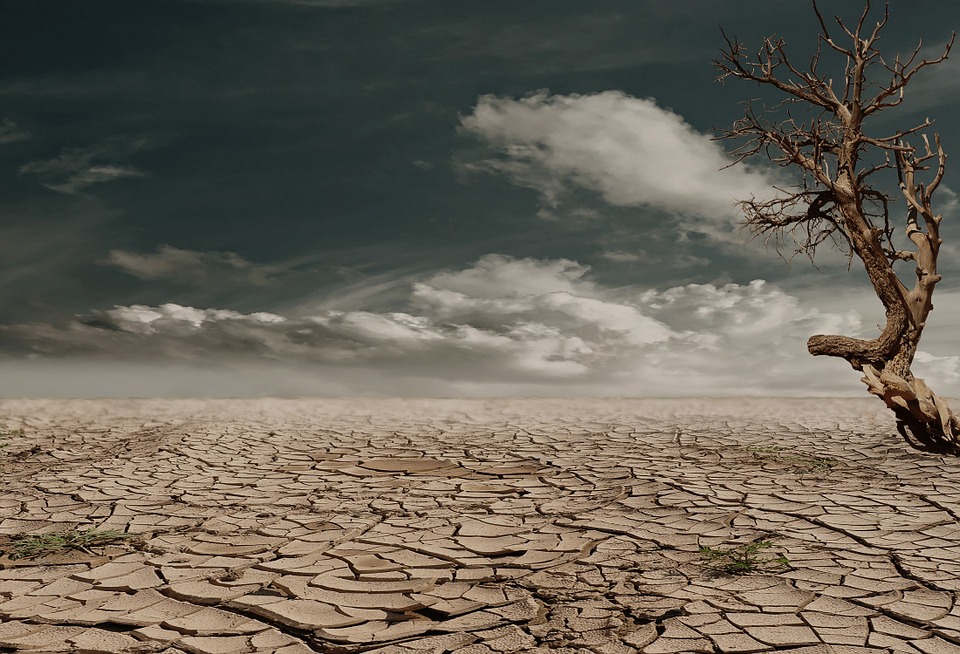Per capita water availability from rain, rivers and groundwater sources is six times lower than the global average and is expected to halve by 2050. What would be the solutions?
Unconventional water is of two types: recycled water and desalinated water.
86% of Israeli wastewater is recycled. To do this, waste water is collected and then filtered to then be used by the industrial and agricultural sector. Regarding desalinated water, it is often intended for human consumption and represents 585 million cubic meters of water per year (i.e. 70% of Israeli drinking water). In Israel, the “Water Tech” sector has 300 companies and more than 100 start-ups representing an industry valued at $2 billion.
Unconventional waters have environmental impacts on soil quality, marine ecology and energy expenditure.
Soil fertility increases because recycled water can have a higher concentration of nutrients or minerals. This better soil quality makes it possible to obtain higher yields, within the limit of a specific enrichment threshold. However, the accumulation of heavy metals can be toxic for plants and the increase in salinity can impact the microbiome. The withdrawal of seawater for desalination can compromise the ecosystem. Regarding energy costs, wastewater treatment is between 0.4 and 0.9 kWh per m3.
For desalinated water, the cost is higher, between 2.5 and 4 kWh per m3.
In addition, unconventional water has health impacts on:
– water quality with iodine deficiency for desalinated water
– on crops irrigated with water treated with chlorine or by biological degradation of organic matter which would have a greater risk of enteric viruses
– on the rural landscape with a water price that can discriminate between crops.
Recycled water is considered one of the leading solutions to overcome the water deficit.
Desalinated water remains too expensive to be used as the sole means of irrigation. This is why mixtures of fresh water, treated water and salt water are made. They can allow for better profitability and a reduction in the negative effects of treated water.
Source: French Embassy in Lebanon








Réagissez à cet article